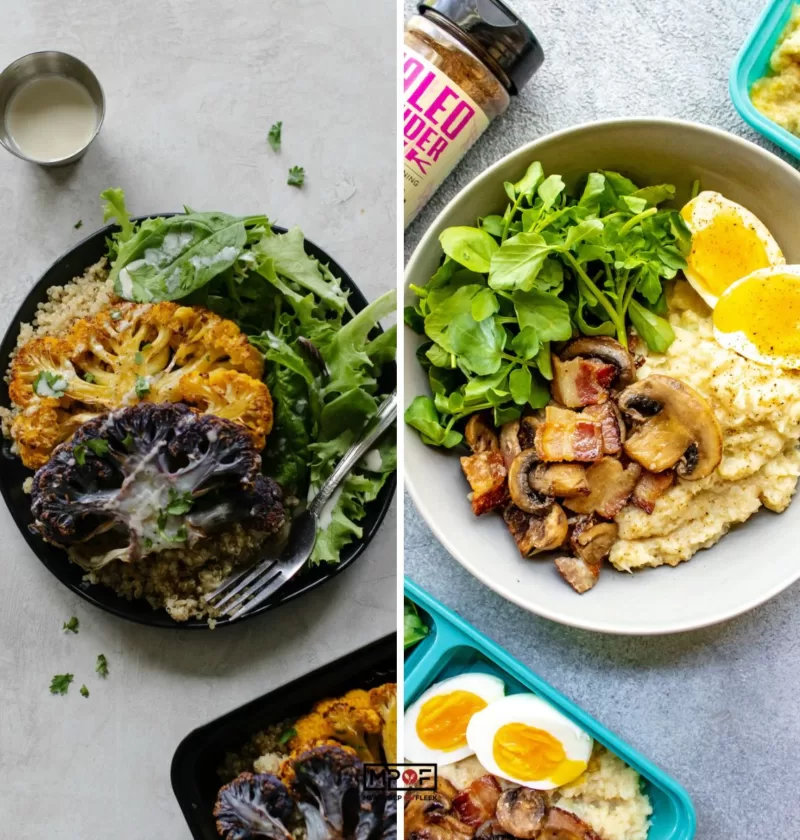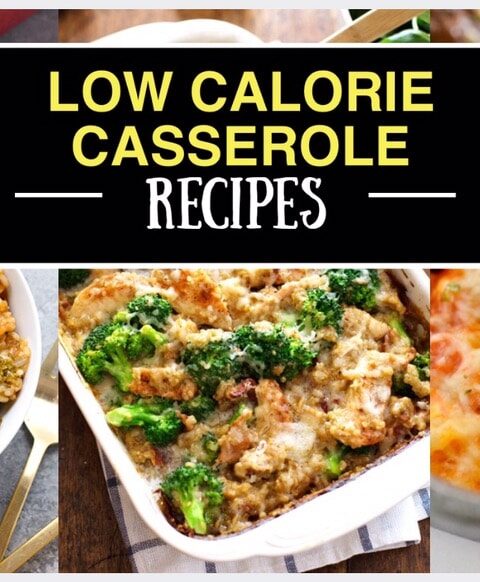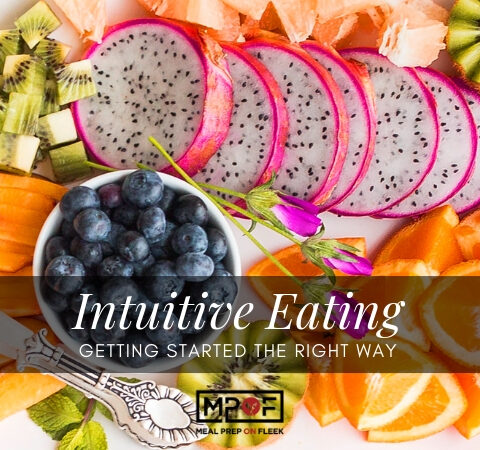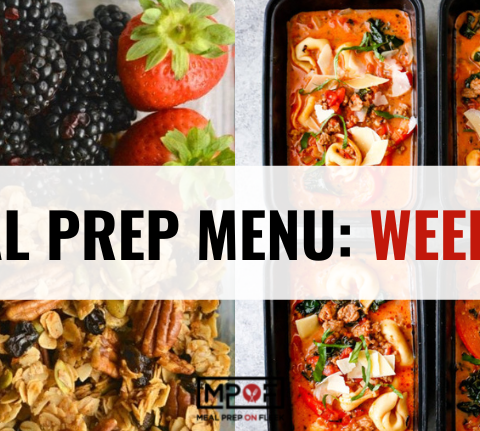Cruciferous veggies are some of the best you can eat, but all veggies are good. Learn more about what makes them different!
What Are Cruciferous Vegetables?
Cruciferous vegetables are a group of vegetables from the Brassicaceae family. You're likely more familiar with cruciferous vegetables than you might think. Here is a list of some well-known cruciferous vegetables you may already enjoy consuming:
- Broccoli
- Cauliflower
- Brussel Sprouts
- Cabbage
- Arugula
- Bok Choy
- Collard Greens
- Watercress
- Kale
Why Are Cruciferous Vegetables So Important?
Cruciferous vegetables are distinct from the Brassicaceae family because of their bitter and pungent qualities. Ironically, many people do not like cruciferous vegetables for that exact reason. Surprisingly, it is precisely the bitter quality that makes this group of vegetables so incredibly valuable to our health. The component responsible for the distinct bitter taste is glucosinolate.
Glucosinolates are unique to cruciferous veggies, and they're natural components the plant releases as a defense mechanism against disease and pests. Consuming foods high in glucosinolates has been found to help prevent cancers of the breast, colon, bladder, and several others. These types of veggies are also great sources of other nutrients, including:
- Fiber
- Folate
- Beta-carotene
- Vitamin C, E, and K
- Phytochemicals
How To Prepare Cruciferous Vegetables
To ensure you are receiving the most nutrients from cruciferous veggies, it is best to eat them raw after a good wash. Chewing the plant will begin the process of releasing glucosinolate. However, if cooked, the process is delayed until further along the digestion process and some nutrients can be lost this way.
Now, granted, we know that eating raw cruciferous vegetables is easier said than done. Sure, you can sink your cauliflower and broccoli into ranch dip, but that can become boring quickly. So, if cooking your cruciferous vegetables will encourage you to eat more of them, that's a win and it's not like you're losing a whole heck of a lot. They're still great veggies.
Here are 11 of our most delicious recipes, incorporating a variety of cruciferous vegetables in hopes you will see that eating vegetables doesn't have to be bland or boring.
Meal Prep Ideas with Cruciferous Vegetables
Cauliflower Mash Breakfast Bowls
A savory and nutrient-rich twist to your classic mashed potatoes. Great for keto diets.
(Carbohydrates: 8g, Protein: 13g, Fat: 13g)
Watercress Leek and Butternut Squash Quiche
Watercress has a nice bite to it and when paired with eggs, it's totally underrated.
(Carbohydrates: 30g, Protein: 15g, Fat: 23g)
Vegan Arugula Pesto Pasta
Try this flavorful pasta dish, with so many cruciferous veggies in one prep!
(Carbohydrates: 62g, Protein: 28g, Fat: 34g)
Watercress and Artichoke Stuffed Chicken Breast
A perfect meal to share with the family. It's not hard; it only looks fancy!
(Carbohydrates: 5g, Protein: 37g, Fat: 24g)
Sheet Pan Arugula Pesto Shrimp
Enjoy bites of shrimp covered in a delightful arugula pesto.
(Carbohydrates: 5g, Protein: 26g, Fat: 25g)
Roasted Brussels Sprouts, Grapes and Sausage Meal
It may look like an unusual pairing of foods but you'd be surprised how well this medley comes together. This may even be a new favorite.
(Carbohydrates: 26g, Protein: 17g, Fat: 22g)
Carrot Meatballs With Mint Cauliflower Rice
Wholesome meatballs mixed with carrots over a minty cauliflower rice? Sounds like a really flavorful and healthy meal.
(Carbohydrates: 8g, Protein: 28g, Fat: 15g)
Cauliflower Steak With Quinoa and Tahini
You must try cauliflower as a steak. The bold flavors and thick slices are satisfying!
(Carbohydrates: 48g, Protein: 16g, Fat: 18g)
Watercress and Feta Stuffed Flank Steak
This juicy flank steak stuffed with a combination of watercress and feta is impressive to look at—and to taste.
(Carbohydrates: 43g, Protein: 32g, Fat: 22g)
Watercress Pesto Spaghetti
This watercress pesto spaghetti is a great introduction to this nutrient-dense cruciferous veggie.
(Carbohydrates: 33g, Protein: 52g, Fat: 28g)
Pumpkin Mustard Stuffed Cabbage
When you think outside the box, you discover amazing things. This Pumpkin Mustard Stuffed Cabbage is one of those discoveries.
(Carbohydrates: 11g, Protein: 20g, Fat: 17g)







